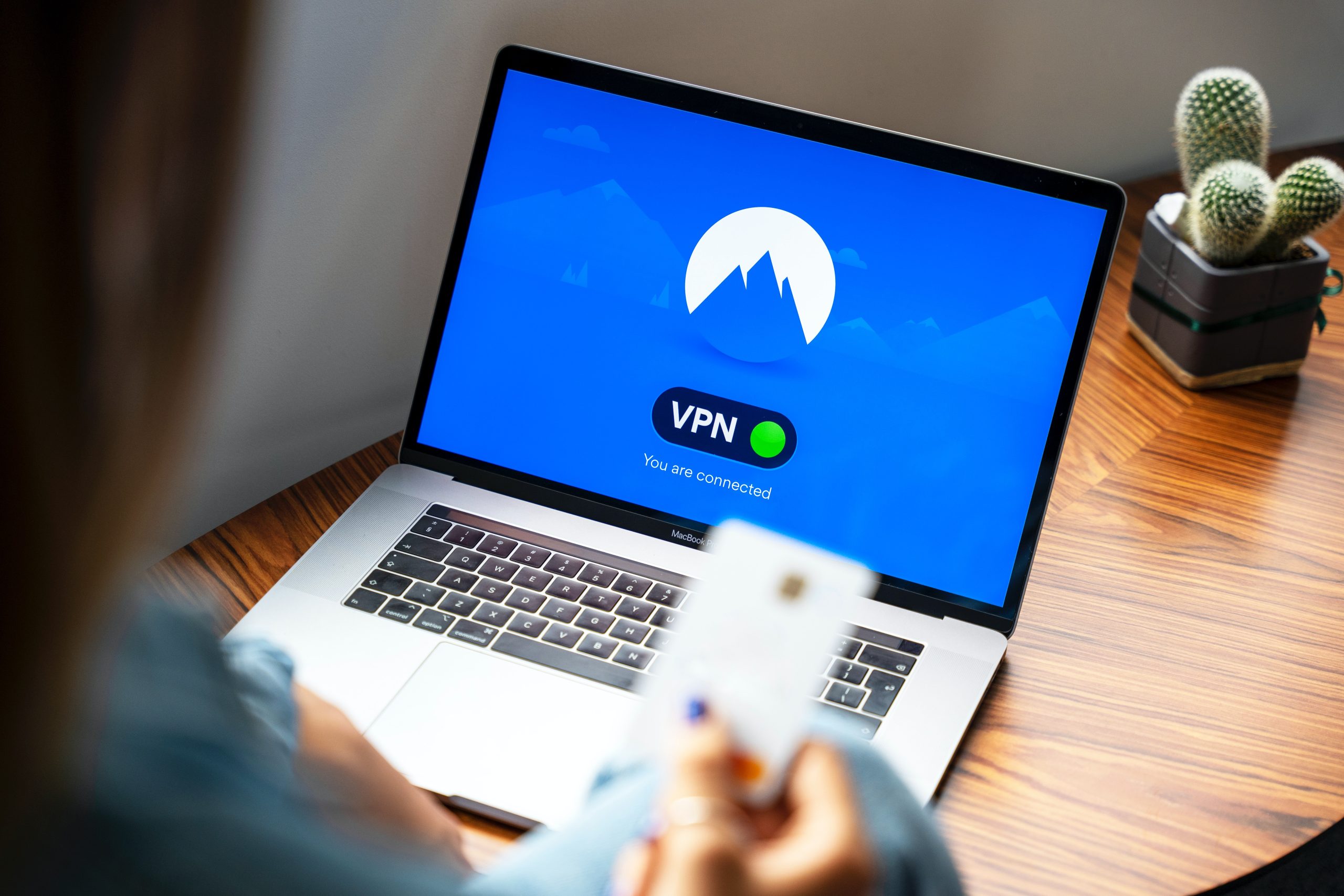In today’s digital age, concerns about online privacy and security are on the rise. With more and more data breaches, hacking attempts, and surveillance activities taking place, many people are turning to virtual private networks (VPNs) to protect their online activity. VPNs work by encrypting your internet connection and routing it through a remote server, making it more difficult for third parties to monitor or track your online activity.
While there are many paid VPN services available, some people may be tempted to use a free VPN instead. After all, why pay for something that you can get for free? However, using a free VPN can come with its own set of risks and limitations. In this article, we will explore whether or not using a free VPN is a good idea.

Contents of Post
The Pros of Using a Free VPN
1. Cost
The most obvious advantage of using a free VPN is the cost. As the name suggests, free VPNs do not require any payment, making them an attractive option for those on a tight budget.
2. Convenience
Free VPNs are also convenient to use, as they often do not require any complicated setup or installation. Simply download the software and start using it right away.
3. Access to Geo-Restricted Content
Many free VPNs allow users to access geo-restricted content that would otherwise be unavailable in their country. For example, if a user in the US wants to access a streaming service that is only available in the UK, they can use a free VPN to bypass the geographic restrictions and access the content.

The Cons of Using a Free VPN
1. Limited Server Locations
Most free VPNs have a limited number of server locations available. This can result in slower speeds and less reliable connections, especially if the server is located far away from the user.
2. Limited Bandwidth and Data Usage
Free VPNs also typically have limited bandwidth and data usage, which can restrict the amount of online activity a user can engage in. Once the limit is reached, the VPN may stop working or the user may be prompted to upgrade to a paid plan.
3. Security Risks
Perhaps the biggest disadvantage of using a free VPN is the potential security risks. Many free VPNs have been found to collect and sell user data, which defeats the purpose of using a VPN in the first place. Additionally, some free VPNs may have weak encryption protocols, leaving the user’s online activity vulnerable to interception by third parties.
4. Advertising and Malware
Free VPNs may also be supported by advertising or contain malware, which can compromise the user’s online security and privacy. Some free VPNs may inject ads into your browsing experience or even download malware onto your device.
5. Unreliable Connection
Free VPNs also have a higher chance of suffering from an unreliable connection, which can mean that the VPN drops out during use. This can leave the user’s activity exposed.
While free VPNs may seem like an attractive option due to their cost and convenience, they come with several potential risks and limitations. Users should carefully research and evaluate any free VPN service before using it, paying particular attention to the provider’s privacy policies and encryption protocols. Ultimately, it may be worth investing in a paid VPN service to ensure the highest level of online security and privacy.
When selecting a VPN, it is important to consider factors such as speed, number of servers, and security features. Paid VPNs may offer more server locations, faster speeds, and stronger encryption protocols than free VPNs. Additionally, paid VPNs are less likely to collect and sell user data or be supported by advertising or malware.
In conclusion, if you’re looking for online privacy and security, it’s always better to invest in a paid VPN service. While free VPNs may seem like a cost-effective solution, they come with too many risks and limitations that can potentially harm your online privacy and security. Paid VPNs may cost money, but they offer more reliable and secure services that are worth the investment.
Paid VPN services also offer additional benefits such as customer support, more advanced features, and no data caps or bandwidth limitations. Some paid VPNs also can bypass censorship and other restrictions, giving users access to restricted content and websites.
Moreover, paid VPN services undergo rigorous security audits and have dedicated teams of experts to ensure the highest level of security and privacy for their users. On the other hand, free VPNs may not have the same level of resources or expertise to ensure the security of their users.
It’s important to note that not all paid VPNs are equal, and it’s essential to do your research and choose a reputable and reliable service. Look for VPNs that have a clear privacy policy, use strong encryption protocols, have a good reputation in the industry, and have positive user reviews.

